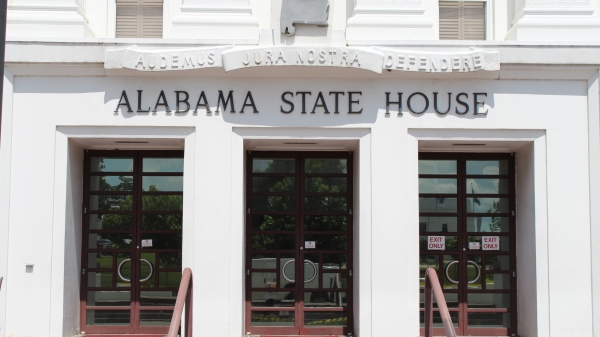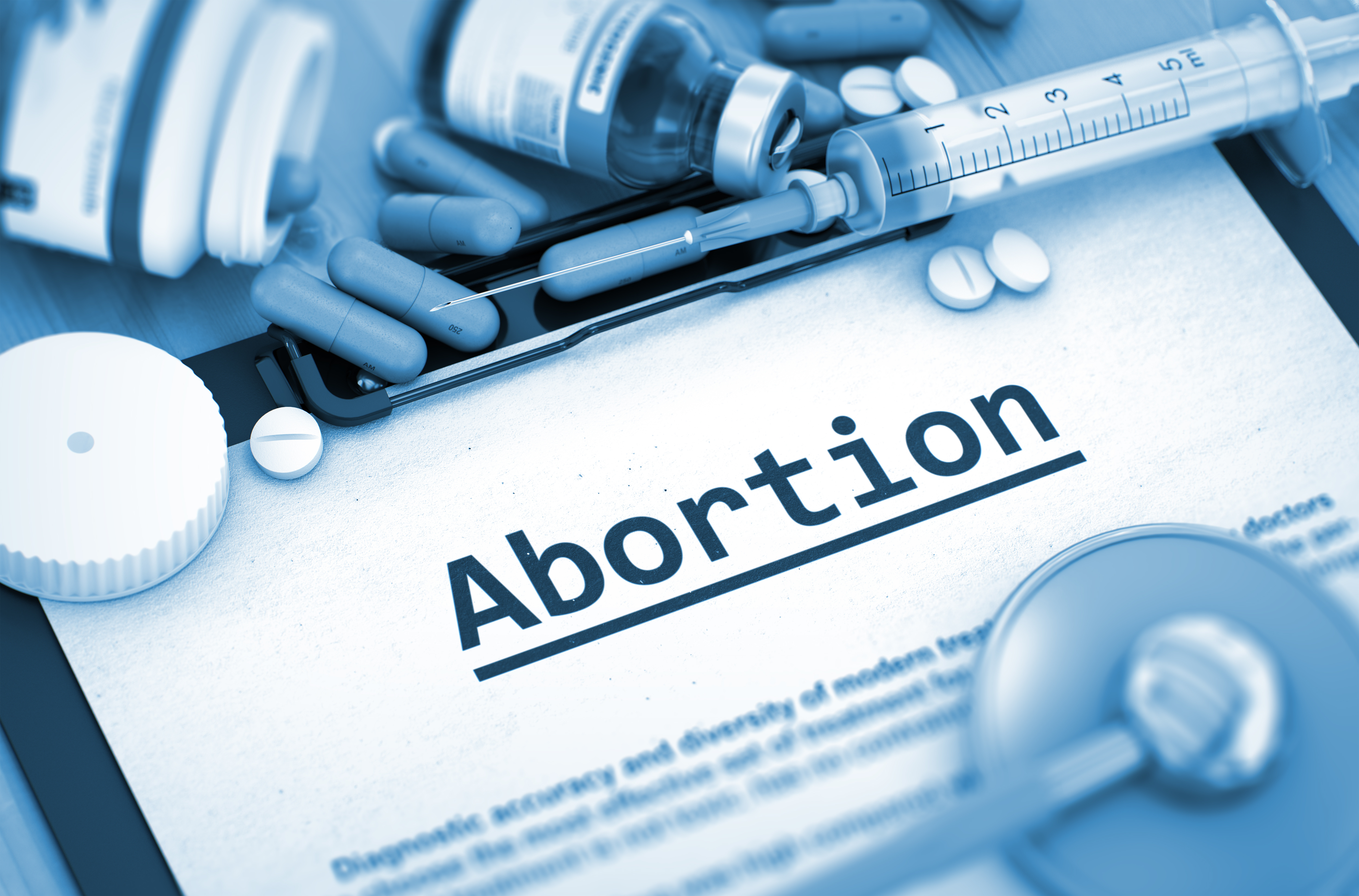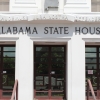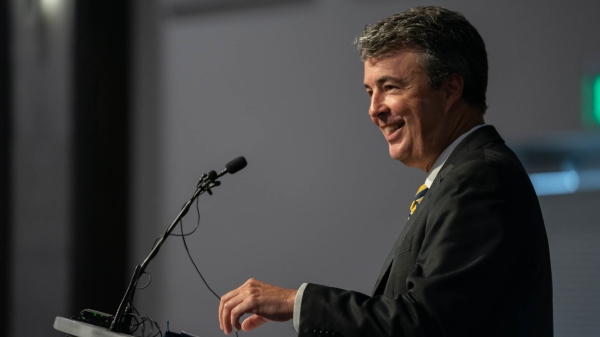Attorney General Steve Marshall on Thursday appealed a federal judge’s partial block of the state’s temporary ban on abortions amid the COVID-19 pandemic.
Marshall in a statement Thursday said his office is appealing to the 11th Circuit of Appeals and file an emergency stay of U.S. District Judge Myron Thompson’s April 12 preliminary injunction preventing Alabama from stopping abortions through state health officer Dr. Scott Harris’s March 27 public health order that halted elective medical procedures.
The American Civil Liberties Union and the ACLU of Alabama on March 30 filed a court document arguing that Alabama was restricting access to abortions under the guise of protecting the public from COVID-19.
In his written opinion Judge Thompson said of Alabama’s temporary ban on elective procedures, “for some group of women, a mandatory postponement will make a lawful abortion literally impossible. Under Alabama law, a woman’s window for seeking a lawful abortion is limited: abortion becomes illegal when the probable post fertilization age of the fetus is at least 20 weeks.”
Thompson also wrote in his opinion that the temporary ban on abortions was also likely unconstitutional.
In a statement Marshall said Harris’s order “covers all elective medical procedures, including abortions. The purposes of the order are to promote social distancing and ensure that scarce healthcare resources—including personal protective equipment for medical providers—are available for the fight against COVID-19.”
“Abortion clinics responded by suing the State of Alabama claiming that the health order was an effective abortion ‘ban’ and seeking a special blanket exemption from the order,” Marshall’s statement continued. “But the State health order does not single out abortions or treat them differently from any other procedure. It simply requires abortion providers to follow the same regulations that apply to everyone else.”
Marshall’s statement Thursday gives an incorrect date for Judge Thompson’s order granting a preliminary injunction in the matter, which he issued on April 12, not April 10.
“On April 10, the Federal Court for the Middle District of Alabama granted a preliminary injunction that partially bars the State’s enforcement of the health order as it relates to abortion procedures, a development which raises the prospect of federal court review of subsequent State health orders and enforcement actions,” the statement reads.
“Abortion providers’ attempts to obtain special treatment under the emergency health orders—orders the district court recognized are facially constitutional—create a potentially dangerous limitation upon the ability of the State to further respond to the coronavirus pandemic,” Marshall said.
ACLU of Alabama executive director Randall Marshall in a statement to APR on Thursday said Attorney General Steve Marshall should be focused on protecting the health and safety of Alabamians, not using the pandemic as a way to limit access to abortion.
“During this crisis, it is critical that Alabamians can continue to access the abortions they need to protect their health. The government response to the pandemic must be grounded in public health, not politics, because there is no pause on a pregnancy,” Randall Marshall said.
Link to State motion for emergency stay
Link to State motion for appeal






















































